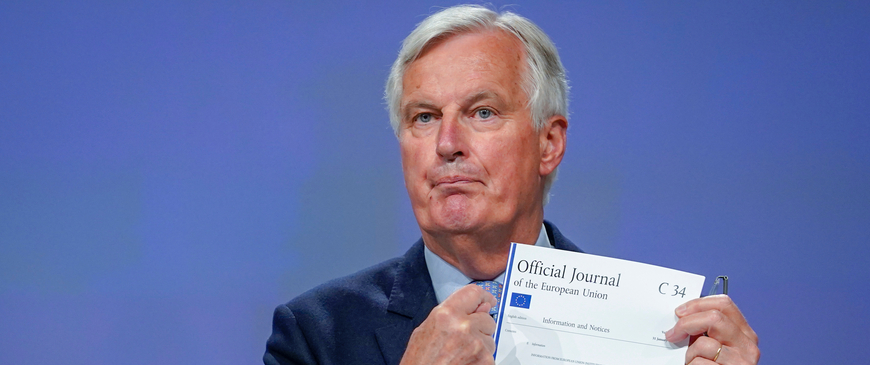
Letters: Fait accompli
Julian King’s assessment of Michel Barnier’s role in the Brexit talks (“The Brexit illusions,” July) is fair minded.
But perhaps he underplays Barnier’s nationality. The Frenchman was a key link in the Brussels-Paris axis that drove the EU to be hard on the British. This is not to say Barnier took instructions from Paris—he worked closely with all 27 governments—but his views were often close to those of the French, who were usually the toughest on the UK. Like the Commission, the French obsessed over the integrity of the single market, but they were also quite open about wanting a deal that would encourage companies to move from Britain to the EU. And they were keen to show those who might vote for Eurosceptic populists that Brexit would hurt.
Thus the French, Barnier and the Commission collaborated to push the UK out of the Galileo satellite programme and the European Defence Fund. And though the UK chose a Canada-style trade agreement as its model for Brexit, the EU imposed harsher terms in financial services, rules of origin and mutual recognition of professional qualifications than it had done in comparable deals with other countries.
It is hard to criticise the EU for being harsh when the UK has behaved badly throughout the Brexit talks. But Barnier and EU leaders should have thought more about the long-term consequences of losing not only the British state, but also British public opinion.
Charles Grant, director, Centre for European Reform
